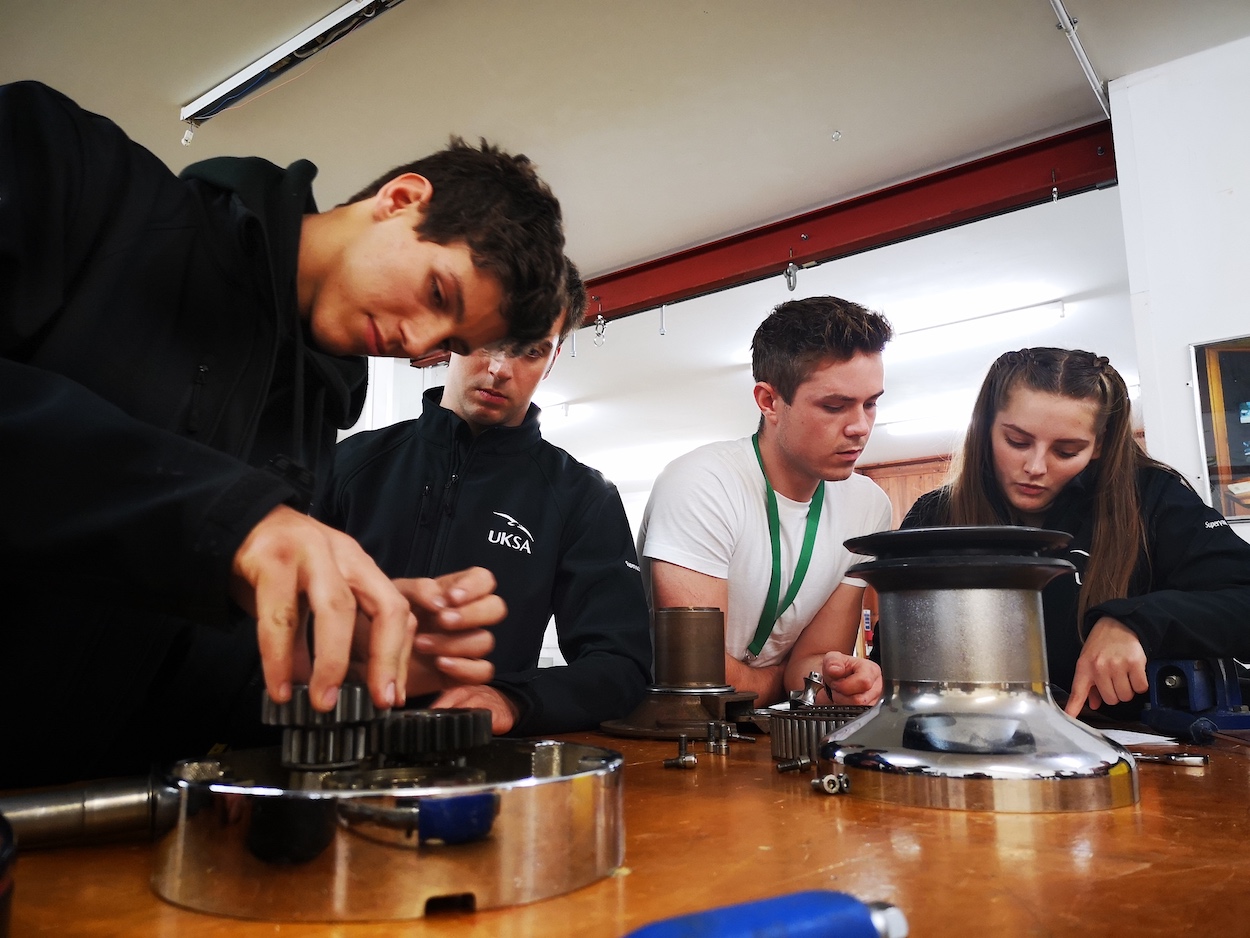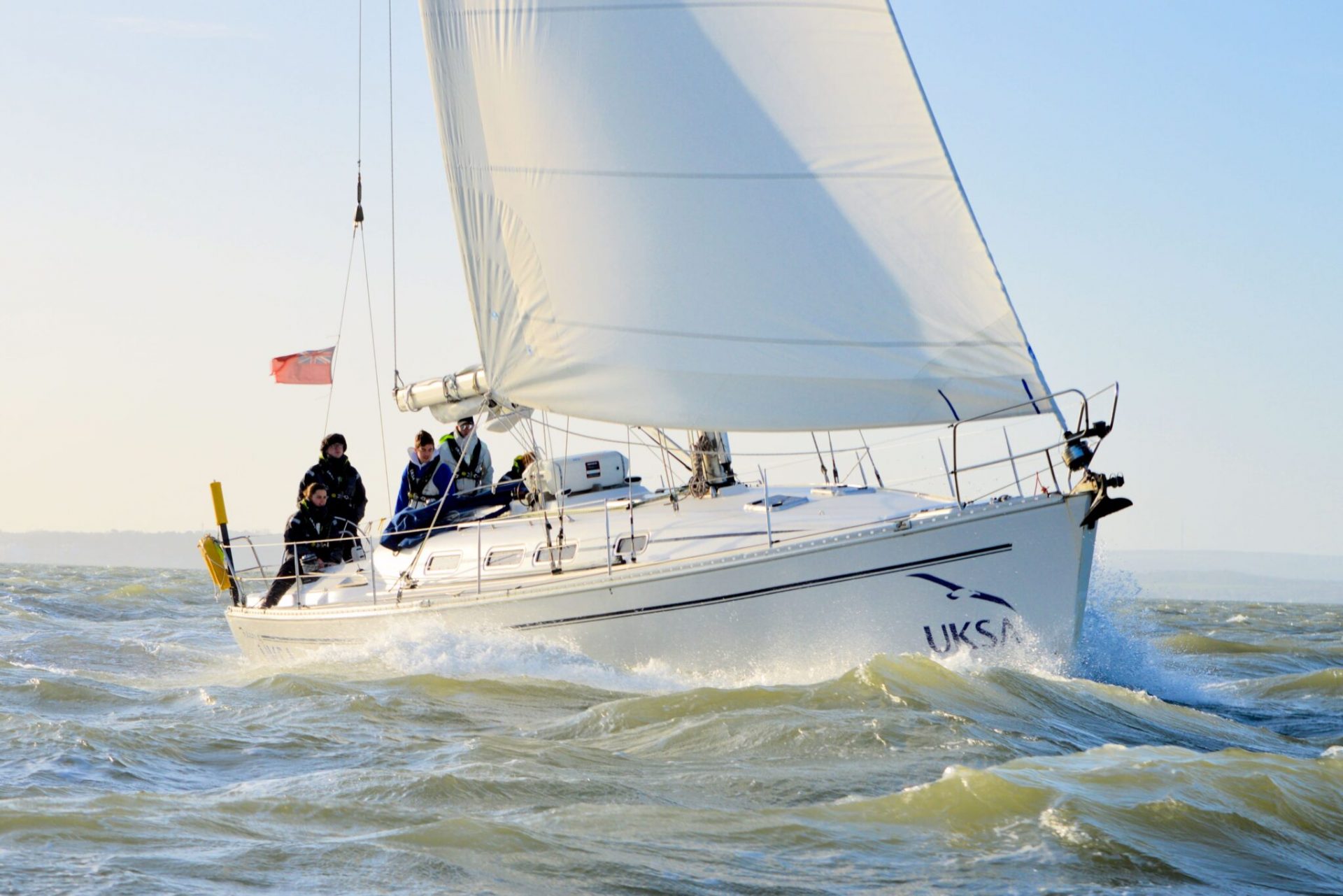UKSA is reporting an increase of more than 50 percent in the number of students receiving funding for its Superyacht Cadetship course when compared to the average across the last five years.

For its 2022 intake, the Isle of Wight based charity, which provides life-enhancing water-based adventures, education and world-leading maritime training, has seen 70 percent of students receive an average of £8,000. This is nearly half of the funding required toward the cadetship.
Available to those aged 18-25, the structured four-year programme which this year sees 37 students start in September, is designed to train the future officer of the superyacht industry and was created with the Maritime and Coastguard Agency (MCA). It equips graduates with a strong foundation of knowledge, alongside offering a realistic understanding of what it takes to succeed in a career in the superyacht industry.
James Potipher, cadetship manager at UKSA said: “UKSA is committed to making careers in maritime as accessible as possible, ensuring there are no barriers to those who wish to pursue a career in the industry. The increase in the number of our students in this year’s intake receiving funding is a testament to this and we are delighted to be supporting these individuals.”
“This course is a fantastic alternative to university and uniquely, students earn while they learn so they can pay off their course fees while they’re working and training in the industry. The course is also inclusive of food and accommodation during the training phases, so we’re really making it available to as many young people as possible.”

Cadets also have the opportunity to undertake a Foundation Degree in Operational Yacht Science during phase one and three of the Superyacht Cadetship, which is awarded by the University of Plymouth. The option gives additional careers and training pathways into different sectors in the maritime industry.
READ MORE: Superyacht Training: UKSA Discuss The Rise In Female Yacht Crew
The course comprises five phases; phase one will see cadets developing skills and knowledge of seamanship and safety as well as industry qualifications. Phase two sees students employed on a superyacht as an entry-level deckhand and phase three progresses cadets from a junior deckhand to more senior positions onboard such as lead deckhand or bosun by building on their working experience. Phase four gives the cadets watch keeping experience in a paid employment role which will see them practically applying and honing the techniques and practices learned. The final stage is the Officer of the Watch 3000gt training with cadets studying senior modules towards a final examination.
For more information on UKSA and its maritime training for a career at sea, please visit www.uksa.org



.gif)
.gif)














